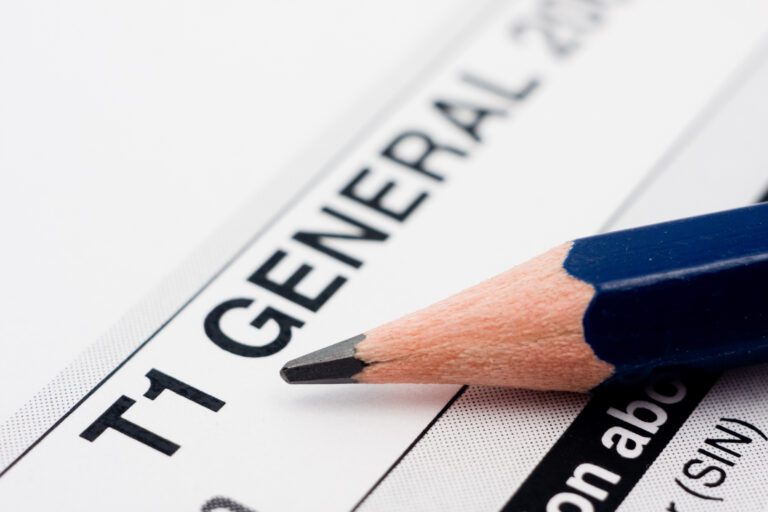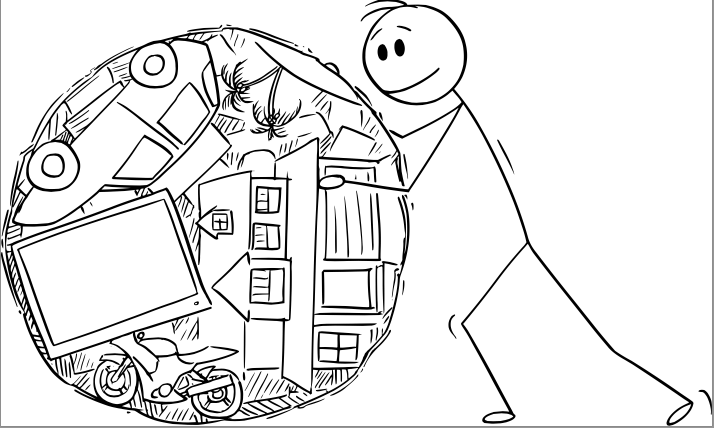Who Pays for the Capital Gains Tax on an Inherited Property?
In Canada, the estate of the deceased person typically pays the capital gains tax on any increase in value of an inherited property up until the time of their death. However, suppose the property is transferred to a beneficiary, say as in inheritance. In that case, the beneficiary may be responsible for paying the capital gains tax on any further increase in property value from the date of inheritance until the date of sale.
When the property is sold, the beneficiary must report the sale to the Canada Revenue Agency (CRA) and pay any capital gains tax owing on the increase in value of the property from the date of inheritance. The amount of capital gains tax payable is calculated based on the difference between the fair market value of the property at the time of inheritance and the proceeds of the sale.
It’s important to note that there are some exceptions and special rules that may apply in certain situations, such as when the property is the principal residence of the deceased person or the beneficiary, or when the property is transferred to a spouse or common-law partner. It’s always best to consult with a qualified tax professional or the CRA for specific advice.






